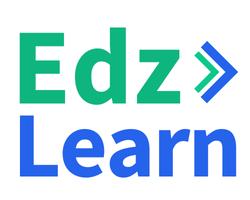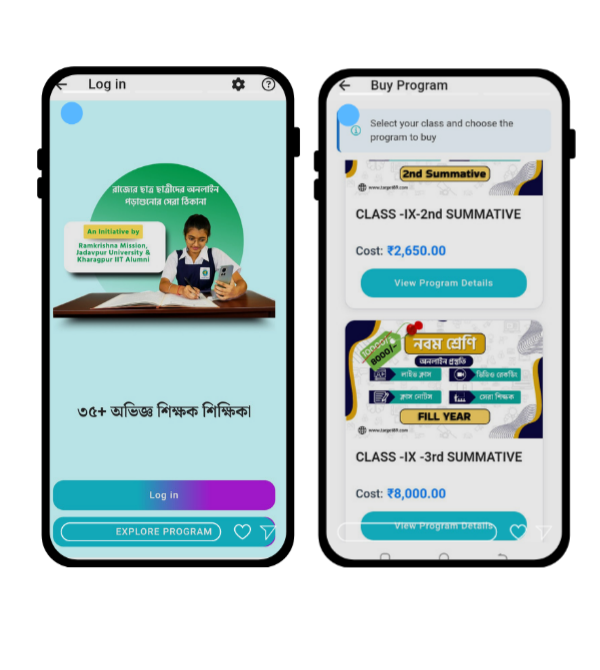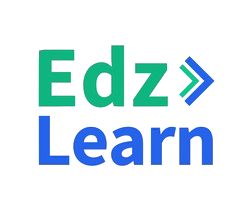In today’s fast-paced digital education ecosystem, one-size-fits-all learning is becoming a thing of the past. Learners expect personalized, dynamic experiences tailored to their pace, needs, and interests. At the heart of this transformation lies adaptive learning algorithms — the smart engines driving personalized e-learning. These algorithms analyze user behavior, performance, and preferences to continuously fine-tune the learning experience in real time.
This blog explores how adaptive learning algorithms are revolutionizing e-learning platforms, how they work, their benefits, and real-life applications that prove this isn’t just a tech trend — it’s the future of education.
What Are Adaptive Learning Algorithms?
Adaptive learning algorithms are AI-powered systems that use data and machine learning techniques to tailor educational content to each learner’s unique needs. They dynamically adjust content difficulty, pace, format, and sequence based on real-time feedback from the learner’s performance.
Unlike static learning paths, adaptive systems evolve continuously. For instance, if a learner struggles with a specific topic, the system may provide simpler content, suggest videos, or offer additional exercises. If a learner excels, the platform may advance them to more complex material, keeping the learning both challenging and engaging.
How Do Adaptive Learning Algorithms Work?
These algorithms rely on three main pillars:
- Data Collection
Every click, pause, quiz result, and time spent on a lesson is tracked. This creates a rich data profile for each learner. - Pattern Recognition
AI and machine learning analyze patterns in this data to understand learner strengths, weaknesses, learning styles, and engagement trends. - Content Adjustment
Based on this analysis, the algorithm modifies the learning path — changing the content type (text, video, quiz), difficulty, or pace accordingly.
Key technologies used include:
- Natural Language Processing (NLP)
- Predictive analytics
- Reinforcement learning
- Real-time feedback loops
Why Are Adaptive Algorithms Crucial in E-Learning Platforms?
1. Personalized Learning at Scale
Adaptive algorithms allow e-learning platforms to deliver truly personalized content to thousands or even millions of users. No two learners see the exact same path, yet the system manages it without requiring human intervention.
2. Increased Learner Engagement
By serving the right content at the right time, learners stay more engaged. They’re not overwhelmed by difficult topics or bored by what they already know. This increases retention rates and overall satisfaction.
3. Faster Skill Mastery
With personalized remediation and advancement, learners can master topics faster and more efficiently. For companies offering training, this translates to quicker upskilling and better ROI.
4. Informed Instructors and Admins
Adaptive systems provide dashboards with detailed insights about learner behavior, performance bottlenecks, and content effectiveness. This empowers instructors and L&D professionals to make data-driven decisions.
Real-Life Use Cases of Adaptive Learning in Action
1. Duolingo
Duolingo uses adaptive learning algorithms to personalize language lessons. Based on user errors, the system reintroduces weak areas, provides hints, and modifies exercises dynamically.
2. Coursera & edX
These platforms use adaptive algorithms to suggest supplementary videos, discussion forums, and practice exercises based on learner performance.
3. Khan Academy
Khan Academy’s mastery learning paths adjust content delivery based on user performance. Learners can review topics as needed, and the system doesn’t advance until mastery is achieved.
4. Corporate Training Platforms
Many LMS platforms now offer adaptive modules for onboarding, compliance training, and sales enablement. Based on assessment results, employees are either advanced or provided additional training automatically.
Benefits of Adaptive Learning Algorithms in E-Learning
✅ Higher Retention Rates
Learners remember better when content is neither too easy nor too difficult. Adaptive systems optimize this “Goldilocks Zone.”
✅ Boosted Confidence and Motivation
Learners who see progress and improvement, even in small steps, are more likely to stay motivated.
✅ Efficient Time Management
No time is wasted on concepts already mastered. Learners spend time where it’s needed most.
✅ Cost-Effective for Institutions
Once implemented, adaptive systems reduce the need for constant instructor oversight, making it cost-effective at scale.
Challenges to Consider
While adaptive learning offers many advantages, there are still challenges to address:
- Data Privacy & Security: Collecting learner data comes with the responsibility of keeping it secure and ensuring compliance (e.g., GDPR).
- Bias in Algorithms: If not carefully designed, algorithms may reinforce existing learning gaps or biases.
- Instructor Resistance: Teachers and trainers must be trained to interpret and use adaptive dashboards effectively.
- Initial Implementation Cost: Building or integrating adaptive learning systems requires investment and a clear strategy.
The Future of Adaptive Learning in E-Learning Platforms
With the rise of AI in education, adaptive learning is poised to become a foundational element in modern e-learning platforms. Here’s what the future might hold:
- More Advanced AI Models: The use of generative AI and deeper analytics will make adaptations even more nuanced and learner-specific.
- Integration with AR/VR: Imagine adaptive learning paths that also change your VR experience in real time.
- Cross-Platform Personalization: Learners can move from mobile to desktop and still receive a continuous personalized experience.
AI-powered education is becoming more human, ironically — not by mimicking humans, but by understanding learners better than ever before.
Conclusion
Adaptive learning algorithms are no longer a futuristic concept — they are actively reshaping how we learn online. By powering personalized e-learning experiences, they ensure that every learner is met where they are and guided to where they need to be, at their own pace.
For e-learning platforms, embracing adaptive learning is not just a competitive edge — it’s a necessity. As technology advances and learners become more diverse, the ability to personalize education at scale will define the success of online learning.
Incorporating adaptive learning algorithms is more than an upgrade — it’s a commitment to making education smarter, more inclusive, and more effective.















